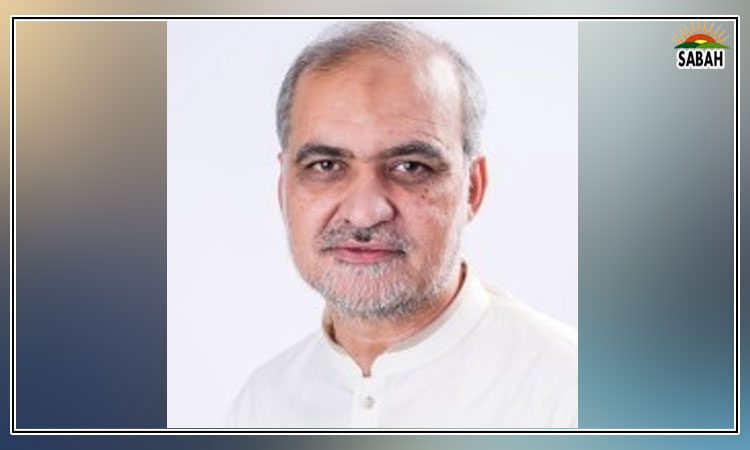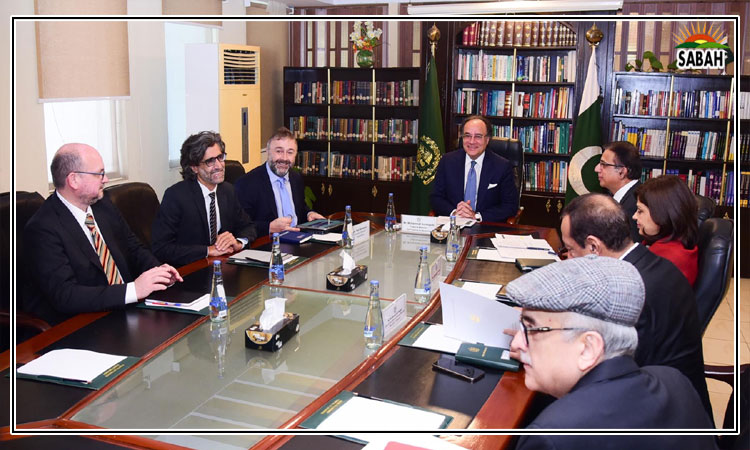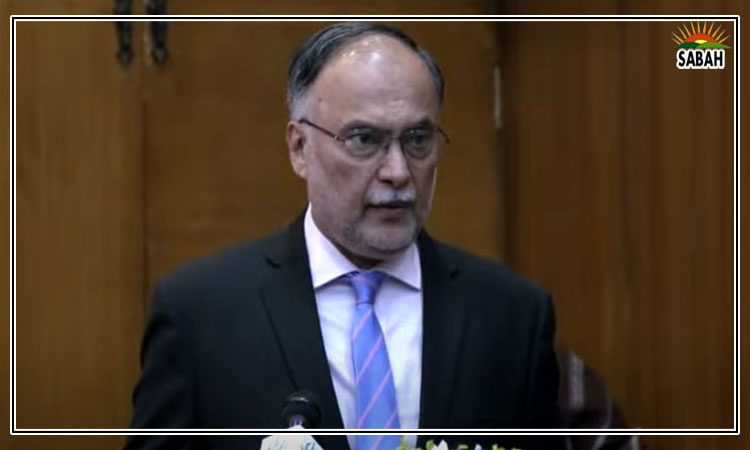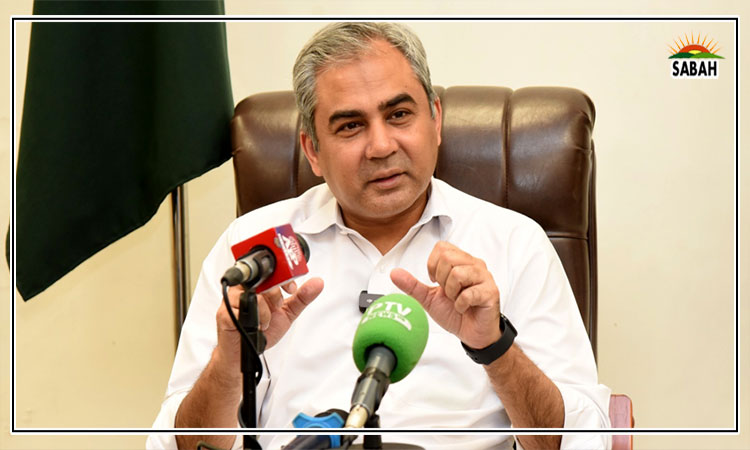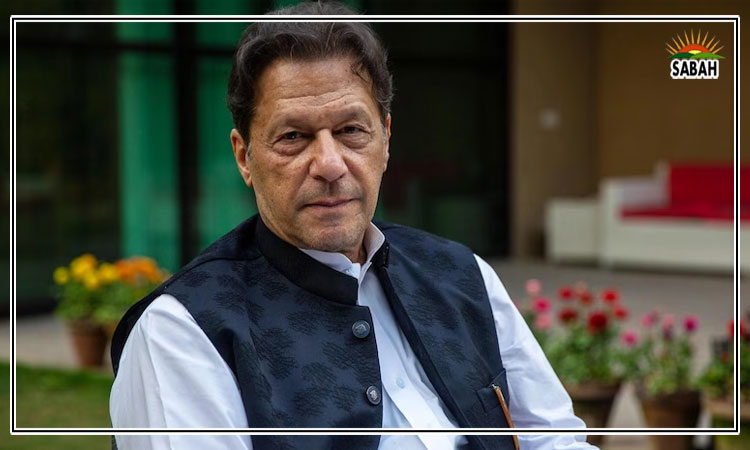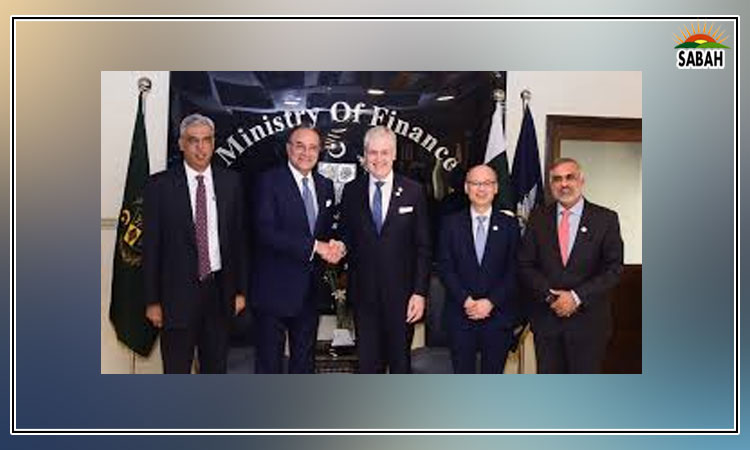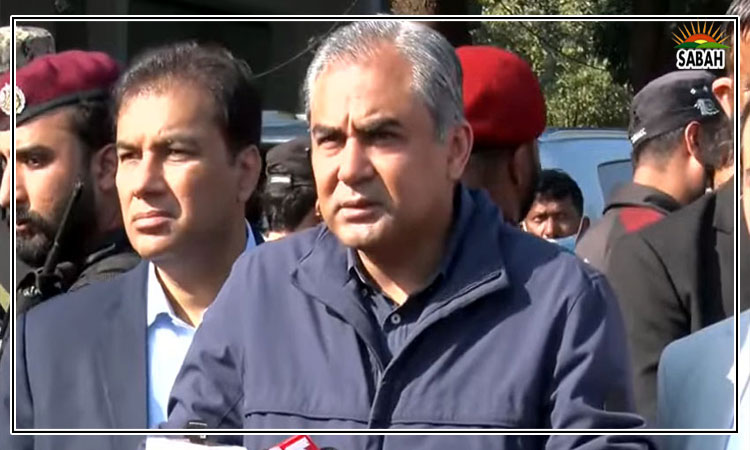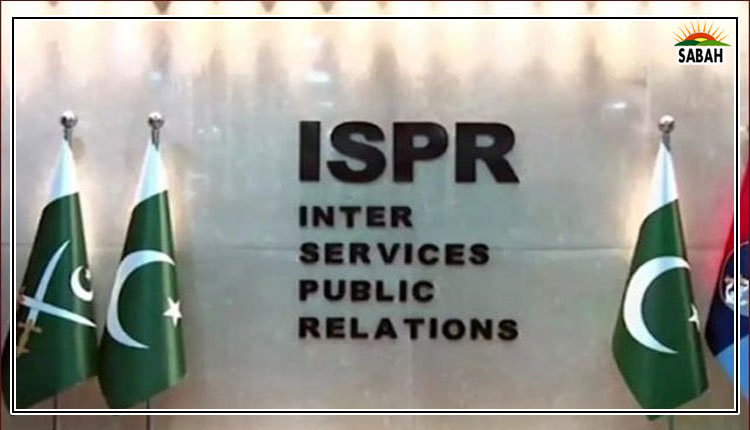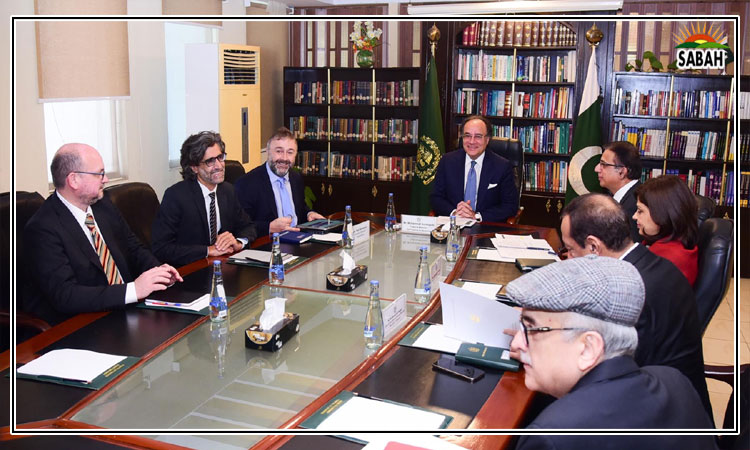Need to promote tourism culture in Pakistan… Dr Moonis Ahmar
A healthy and a civilised nation requires excellence in sports and education and a culture of vibrant tourism. When a country is known for a culture of tourist hospitality, it means international recognition because of safe, affordable and hygienic facilities for both local and international tourists.
A recent travel by the author to different parts of Punjab, Khyber-Pakhtunkhwa, Azad Jammu & Kashmir and Islamabad led to interesting revelation reflecting enormous opportunities to promote tourism. While a network of motorways and roads from Karachi to the northern areas of Pakistan is functional, one is disappointed to encounter discomfort because of broken roads, lack of tourism facilities and unhygienic conditions rampant in parts of AJK and KP. There is no visible change in terms of tourist facilities reflecting the absence of amenities to people expecting to take a break from their routine life and enjoy beautiful landscape.
While not much has changed in Pakistan to establish a viable tourist culture and hospitality to visitors, the launch of foreign flights from Dubai to Skardu from August 14 this year is termed a great leap forward in attracting tourists from abroad to explore majestic northern areas and worlds tallest peaks.
In many countries, tourism is a source of huge earnings but Pakistan fetched less than $700 million in 2021 from tourism whereas the country has a potential to earn $20 billion if proper facilities are ensured to those who want to travel and enjoy beautiful destinations. India earns more than $20 billion from tourism whereas the US earns 199 billion dollars, China 225, Spain 79, France 63, UK 58, Italy 49, Germany 39, Turkey 34 and Greece 20. The global tourism industry has a worth of more than $1 trillion.
Pakistan despite being blessed with worlds tallest peaks, vast deserts, sprawling coastline and religious and archeological sites earns less than $1 billion from tourism for a host of reasons like lack of security particularly for tourists from abroad, meager modern facilities like good and affordable hotels, unhygienic conditions which discourage local and foreign tourists to spend their holidays in famous tourist destinations. With the growing rise in foreign air travel costs, the elites of Pakistan who prefer to spend their holidays abroad would want to visit tourist destinations of their own country if proper facilities are ensured.
A recent visit by the author to beautiful Neelum Valley in AJK reflected poor road conditions. A 200 km travel from Muzaffrabad to the end point of Neelum Valley takes around 10 hours because of broken roads. Lack of proper facilities like hygienic food, washrooms and well-maintained hotels causes enormous hardships for tourists. Same is the case with tourist destinations in Hazara division, Swat, Naran and other famous tourist spots in KP and Gilgit-Baltistan. Still the road in Naran leading to the legendry Saiful Mulook lake is broken. Landslides in different mountainous areas of KK, northern areas and AJK block traffic and cause serious hardships to locals and tourists. When the culture of tourism and hospitality is almost non-existent and there is lack of will, skills, capacity and capability on the part of policymakers, Pakistan would not be able to earn revenue from tourism despite a $20 billion a year potential.
How can the culture of tourism and hospitality be established in Pakistan? Why is there a lack of awareness among local people where known tourist destinations are located? How can the stakeholders in the tourist industry of Pakistan cause a paradigm shift in transforming the country into a tourist-friendly destination? What are the major issues that impede modernisation of tourist industry and how could such obstacles be removed? When China, India, Turkey and the UAE can earn several hundred billion dollars from tourism, why cant Pakistan augment revenue from tourism?
One can figure out three solutions for a paradigm shift in the tourist industry of Pakistan.
First, institutional measures are required from Pakistan Tourism Development Corporation and provincial tourist bodies to take coherent measures to provide comfortable and affordable tourist motels, hotels and guest houses. Hygienic conditions particularly providing clean washrooms after every 25 km on roads and highways must be the priority of government-led tourist organisations. Furthermore, creating awareness among local people who are hospitable and helpful to professionally deal with issues which cause discomfort to tourists should be a priority. Safety and security, particularly for foreign tourists, must be taken seriously by government authorities. The shift from terrorism to tourism will go a long way for providing safe travel and accommodation. Pakistans image of an unsafe country for foreign travelers can only be mitigated if steps are taken on ground by police and law enforcement agencies along with their civilian counterparts. Learning from countries where basic facilities are provided for safe travel, affordable, clean and hygienic accommodation and good roads along with modern infrastructure can go a long way in motivating both local and foreign tourists.
Second, in countries where the culture of tourism and hospitality exists, travelers feel comfortable and safe in spending their holidays. In Pakistan, given its multibillion dollar tourism potential, it is imperative that the subjects of hotel management and tourist guide are offered in universities so that a critical mass is produced in coming 10 years which will be instrumental in modernising tourist industry. Departments focusing on tourism, hotel management and hospitality in the universities of KP, AJK and G-B should be established where specialised course on tourism and travel are offered. Experts from abroad should be engaged by such universities to train local students on how to promote the culture of tourism.
Third, proper connectivity both cyber and physical is essential. While there is need for high-speed internet, is a must too, as they cut travel time and ensure comfortable journey. Corruption and laziness tend to delay construction and maintenance of roads which discourages tourists to visit such scenic and beautiful places.
Promoting a culture of tourism and hospitality in Pakistan is an uphill task but not impossible. Sense of ownership, leadership with vision, competence, skills and integrity can certainly transform Pakistan into a hub of tourism, augmenting its soft image.
Courtesy The Express Tribune


